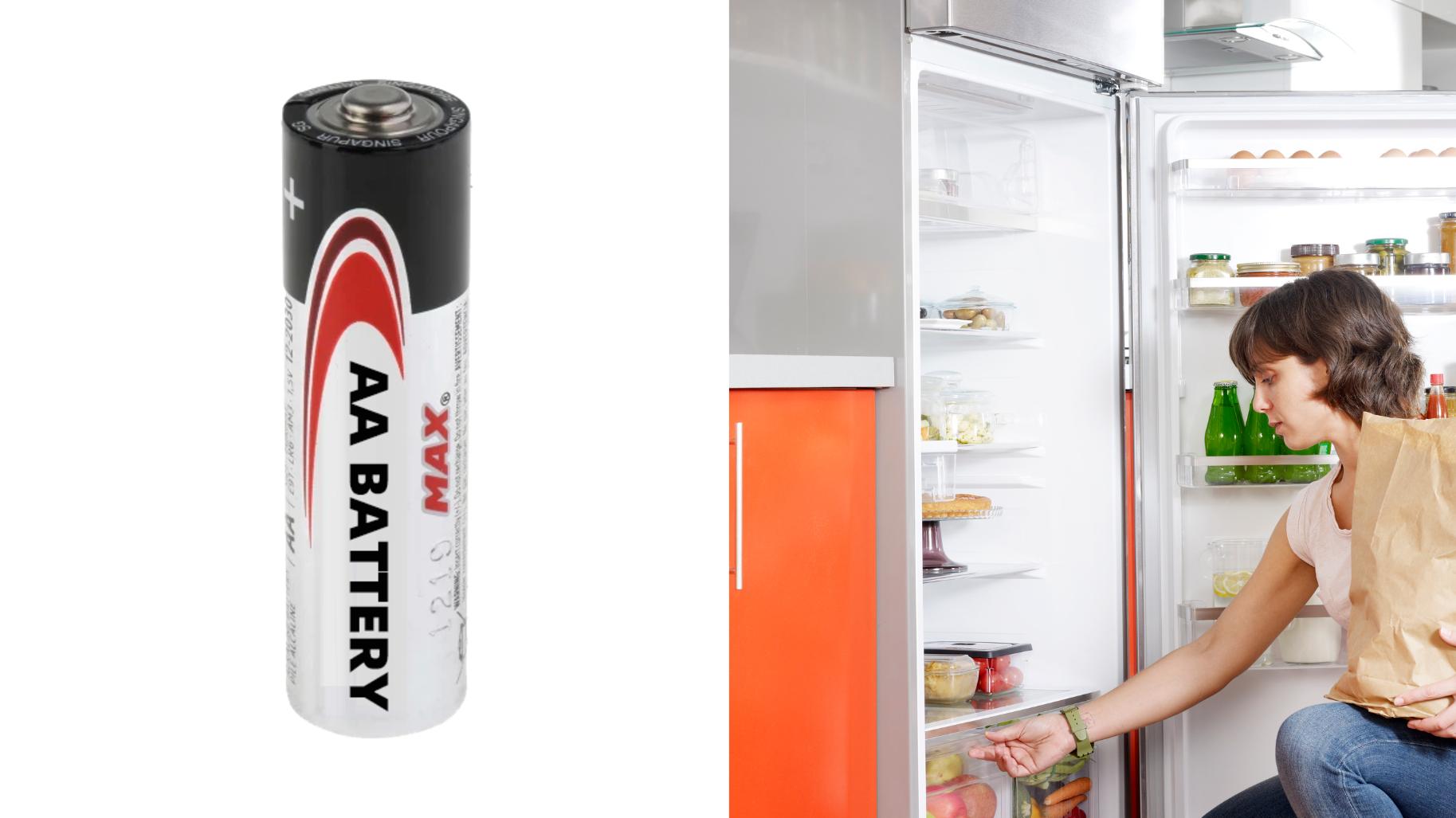AA batteries generally do not freeze in typical cold environments due to their sealed design, but extremely low temperatures can reduce their performance and shorten lifespan. Exposure to cold affects chemical reactions inside, leading to reduced capacity, voltage drop, and slower current delivery.
What Happens to AA Batteries When Exposed to Cold Temperatures?
Cold temperatures slow down the internal chemical reactions in AA batteries, reducing their ability to deliver power efficiently and temporarily lowering their voltage output.
Inside AA batteries, whether alkaline, NiMH, or lithium-based, chemical processes generate electric current. When cold, molecular movement slows, increasing internal resistance and decreasing the flow of ions. As a result, devices powered by these batteries may fail to operate properly or exhibit short run times. Although the batteries are unlikely to physically freeze or crack unless exposed to extreme conditions, their effective capacity drops significantly in cold weather.
Wholesale lithium golf cart batteries with 10-year life? Check here.
How Do Different Types of AA Batteries Respond to Freezing or Cold?
Lithium AA batteries handle cold temperatures best with sustained performance, NiMH rechargeables perform moderately well, while alkaline batteries show the most performance decline in freezing conditions.
Alkaline batteries can lose up to 50% of their capacity near freezing (0°C / 32°F) and even more at lower temperatures. NiMH (Nickel-Metal Hydride) batteries are more resilient because of their chemistry but struggle with charging efficiency in cold. Lithium AA batteries maintain power better due to a different chemistry less affected by temperature. Redway Battery specializes in LiFePO4 and lithium battery technologies designed to withstand challenging environmental conditions, highlighting the importance of chemistry choice in cold climates.
Want OEM lithium forklift batteries at wholesale prices? Check here.
When Could AA Batteries Actually Freeze or Get Damaged by Cold?
AA batteries typically do not freeze under normal cold weather conditions but may be damaged if subjected to extremely low temperatures far below -20°C (-4°F) or physical shock due to brittleness.
Alkaline and NiMH batteries contain liquid electrolytes encased in sturdy shells that are not prone to freezing in everyday winter conditions. However, if batteries are exposed to unusually low temperatures, such as in scientific or industrial settings, the electrolyte could crystallize or the casing may become brittle and crack, leading to leakage or failure. Proper storage and insulation can prevent such damage.
Can Cold Weather Permanently Affect AA Battery Life?
Yes, repeated exposure to cold weather can degrade battery chemistry, reducing overall life and performance even after returning to normal temperatures.
Cold stresses the battery, causing irreversible losses in capacity and increased internal resistance over multiple freeze-thaw cycles. Freezing slows discharge but can damage separators and electrodes inside. Redway Battery incorporates advanced materials and engineering to mitigate capacity loss and extend the operational lifespan of batteries exposed to extreme environments, recommending proper storage recommendations to users.
How Can You Protect and Optimize AA Battery Performance in Cold Climates?
Storing batteries in insulated, temperature-controlled environments and using lithium-based AA batteries for outdoor or cold applications prevents performance drops.
Keeping spare batteries warm in pockets or insulated containers before use helps improve voltage output. Using battery warmers or chemical hand warmers together with proper device battery compartments can also aid performance. Redway Battery advises selecting chemistries matched to environmental demands and supports customers with OEM solutions tailored to cold or outdoor usage scenarios.
| Battery Type | Typical Freezing Point | Cold Performance Rank | Recommended Use in Cold Weather |
|---|---|---|---|
| Alkaline | ~-20°C (-4°F) | Low | Indoor use; avoid extreme cold |
| NiMH Rechargeable | ~-20°C (-4°F) | Medium | Moderate cold; avoid charging while cold |
| Lithium (Li-ion, LiFePO4) | ~-40°C (-40°F) | High | Best for cold climates and outdoor |
Redway Expert Views
“Understanding how temperature affects battery performance is critical as energy needs expand into harsh climates. Our advances in LiFePO4 technology help mitigate the impact of cold weather on battery life and reliability. At Redway Battery, we design OEM solutions for clients needing dependable power whether in telecom towers, forklifts, or solar systems exposed to fluctuating temperatures. Proper chemistry selection and thermal management remain key to maximizing battery longevity in cold environments.”
— Senior Engineer, Redway Battery
Conclusion
While AA batteries do not technically freeze under normal cold conditions, their chemical processes slow down, resulting in reduced performance and shorter run times. Alkaline batteries suffer most, while lithium-based options from manufacturers like Redway Battery maintain stable output in colder temperatures. Proper storage, insulation, and chemistry choice are essential to protect battery life and ensure optimal performance in cold weather applications.
FAQs
Q1: Can I charge NiMH AA batteries in cold weather?
A: It is not recommended to charge NiMH batteries below 0°C (32°F) as it can damage the cells.
Q2: Do lithium AA batteries perform better in winter than alkaline?
A: Yes, lithium AA batteries maintain higher capacity and voltage in cold temperatures compared to alkaline.
Q3: How should I store AA batteries in winter?
A: Store them in a cool, dry place above freezing temperature and keep spares insulated when used outdoors.
Q4: Can freezing damage cause battery leakage?
A: Extreme cold can make battery casing brittle, potentially causing cracking and leakage, especially if physically stressed.
Q5: Does freezing reduce battery shelf life?
A: Repeated exposure to freezing conditions may degrade battery chemistry and shorten overall lifespan.






